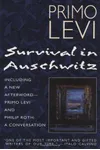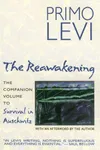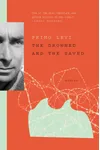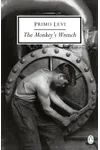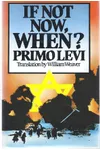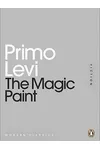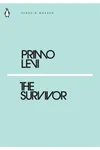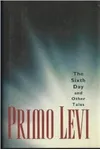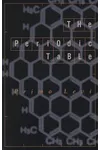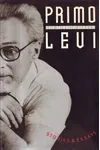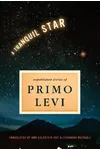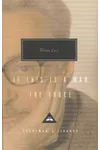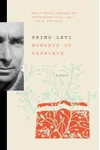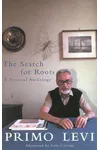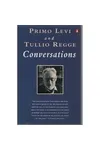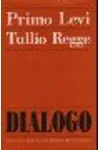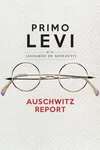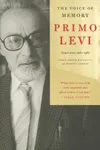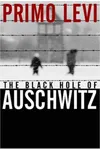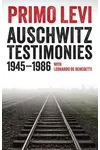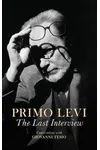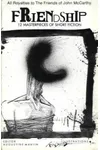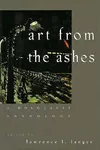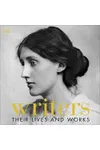Picture an Italian chemist who turned the horrors of the Holocaust into timeless literature—meet Primo Levi! With a scientist’s precision and a poet’s heart, Levi crafted stories that explore the depths of human cruelty and the resilience of the spirit. His works, like If This Is a Man and The Periodic Table, remain hauntingly relevant, blending raw honesty with profound hope.
Born in Turin, Levi’s life was shaped by science, literature, and an unyielding will to bear witness. His unique voice—clear, compassionate, and unflinching—offers readers a window into both the darkest and most dignified moments of humanity. Ready to dive into his world?
The Making of Primo Levi
Primo Levi was born on July 31, 1919, in Turin, Italy, to a liberal Jewish family. A shy, curious child, he devoured books and excelled in chemistry, earning a degree from the University of Turin in 1941 despite growing anti-Semitic restrictions. His early life was marked by intellectual hunger and a love for Dante, whose works later influenced his writing. Arrested in 1943 as a member of the anti-fascist resistance, Levi was deported to Auschwitz, an experience that would define his literary legacy.
After surviving the camp, Levi returned to Turin, working as a chemist while pouring his memories into writing. His need to testify about the Holocaust drove his first book, a raw yet reflective account of survival that launched his career as one of Italy’s most vital voices.
Primo Levi’s Unforgettable Stories
Levi’s masterpiece, If This Is a Man (1947), recounts his year in Auschwitz with stark clarity. Written in a measured, almost scientific tone, it captures the dehumanization of the camps while celebrating small acts of resistance, like sharing bread or telling stories. The book’s power lies in its refusal to sensationalize, instead asking what it means to remain human.
The Periodic Table (1975), a collection of autobiographical stories, blends chemistry and memoir. Each chapter, named after an element like “Carbon” or “Iron,” weaves personal anecdotes with reflections on science and humanity. Its inventive structure and lyrical prose earned it acclaim as a literary gem. Other works, like The Truce (1963), chronicle Levi’s journey home after liberation, while The Drowned and the Saved (1986) offers searing essays on memory and morality.
Levi’s style is precise yet warm, blending a chemist’s logic with a storyteller’s empathy. His themes—survival, dignity, and the fragility of civilization—resonate across generations, making his books both timeless and urgent.
Why Primo Levi Matters
Primo Levi’s work transcends Holocaust literature, offering universal insights into resilience and morality. His books are taught worldwide, shaping how we understand trauma, memory, and human connection. By writing with honesty and humility, Levi gave voice to survivors while warning against the dangers of hatred and indifference. His influence extends to writers, historians, and readers who find in his words a call to cherish life’s small dignities.
Levi’s death in 1987 was a tragic loss, but his legacy endures through translations, adaptations, and ongoing discussions about the Holocaust’s lessons. His ability to find hope amid despair continues to inspire, making him a beacon of courage and compassion.
- Birth: July 31, 1919, Turin, Italy
- Key Works: If This Is a Man, The Periodic Table, The Truce
- Notable Recognition: Named one of the 20th century’s greatest books by The Periodic Table
Snag The Periodic Table and dive into Primo Levi’s brilliant blend of science and storytelling!
